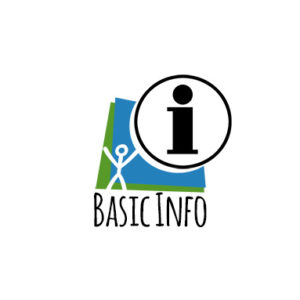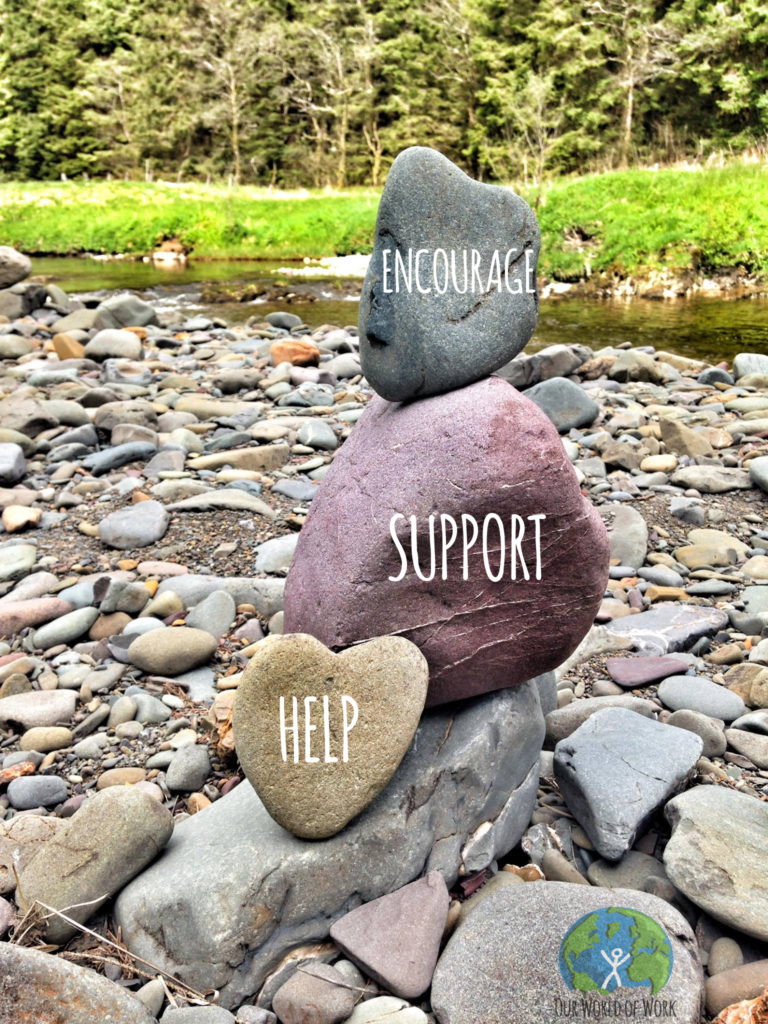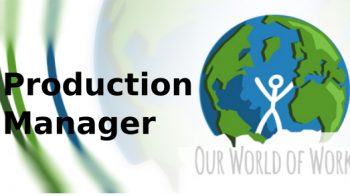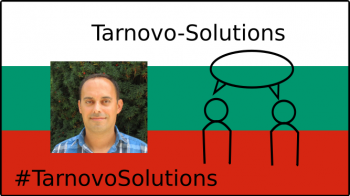
 Job Title:
Job Title:
Community Support Outreach Worker
One Sentence To Describe Work Role:
Exactly what it says on the tin – providing emotional and practical support to vulnerable individuals and their families, so they can live a happy, independent life.
Number Of Years Dedicated To This Field Of Work:
18 months
Category Of Work:
Employment – Paid Work
Country / Area of Work:
United Kingdom
Industry:
Non-Profit/Volunteer
Type:
Employment
![]()
Key Skills For The Job:
- Good communication skills
- Good organisational skills
- Empathic/open approach
- Mental strength to cope with challenging situations and clients
Vital Key Skill:
The ability to get on with people of all ages and backgrounds and gain their trust.
Your Personal Experience Of Entering This Role:
- Higher Education Level
- Learnt On The Job
- Taught By Peers

Tips For Undertaking This Work:
If you’re a natural nurturer and enjoy working with people, just plunge into it! Most of ins and outs you’ll learn on the job and most organisations provide thorough training to ensure you’re fit to do the job!
Future Progression Or Developments:
Team Leader/ Manager of the service. Use of transferable skills to move over to social work or another charity/ non-profit organization (NGO).
![]()
Be more patient and less frustrated with the system. It will not change if you stamp your feet. Instead, think of a constructive feedback for the local lawmakers to promote change. Keep inspiring others!
![]()
What Are The ‘tools of the trade’ Used Daily:
- Listening
- Patience
- Ability to work under pressure, often during anti-social hours
- Good organisational skills
- Working in a team
- Ability to remain calm during emergencies
- Ability to self care
A Typical Day’s Duties:
Accepting referrals and going through risk and needs assessments. Building individually tailored support plans based on client’s needs. Supporting clients in accessing support and help they need, dealing with practical and emotional issues on a day to day basis. Supporting clients in reaching out to other services for additional support. Preparing reports, updating client’s files. Engaging in fundraising efforts. Providing training either on one to one or group settings. Liaising with local and national agencies
Is Travelling A Regularly Part Of This Work:
Yes
Weekly Working Hours:
Full Time
Type Of Hours Arrangement:
Fixed Working Week
![]()
The Best Thing About The Work You Do:
Supporting others, who are vulnerable, ill or generally unhappy, in reaching their full potential and living more independent, happier lives.
Your Least Favorite Thing About The Work You Do:
Tonnes of paperwork, essential for monitoring of the service and further fundraising opportunities. Very long processing times of benefit claims/ support applications/ requests within the public sector (NHS, DWP, HMRC, etc).
Any Duties You Hadn’t Anticipated Prior To Undertaking The Work:
Spending so much time in front of the computer screen, updating files rather than focusing on the practical work, which varies from one organisation to another but can be generally very off-putting.
![]()
The Top Perks Of The Work:
Making a positive change and seeing immediate results.
Other Work In The Same Sector:
- Qualified social worker, family worker, support worker
- Humanitarian worker
- Fundraising worker
- Mental Health support worker
- Substance misuse support worker
- Homeless support worker
- Domestic abuse support worker
- Child abuse support worker
- Resettlement worker
- Housing support worker
- Empowerment and advocacy worker
What Professional Organisations Are Associated With Your Work:
The Charity Commission (https://www.gov.uk/government/organisations/charity-commission/services-information)
![]()
Additional Info You Wish To Share:
I moved into outreach work after ten years of freelancing as an interpreter and translator with extensive experience of working with vulnerable people across the public sector in the UK but with no official qualification.
I underwent thorough training, provided for by the charity I worked for. The training consisted of all subjects relating to providing support to vulnerable people (female victims of domestic violence in my case). I felt ready and safe to practice.
The job itself was the most rewarding I have done in my life so far and despite it also being the most challenging one, I would do it again.
I would encourage everyone with a calling for supporting others and sharing the passion and life experience with those who are currently struggling, to consider this line of work. It’s a fantastic choice, where you get to meet a lot of people from all walks of life and most interestingly, where you develop and become a better version of yourself!
Where People Can Visit For More Details On Your Work:




